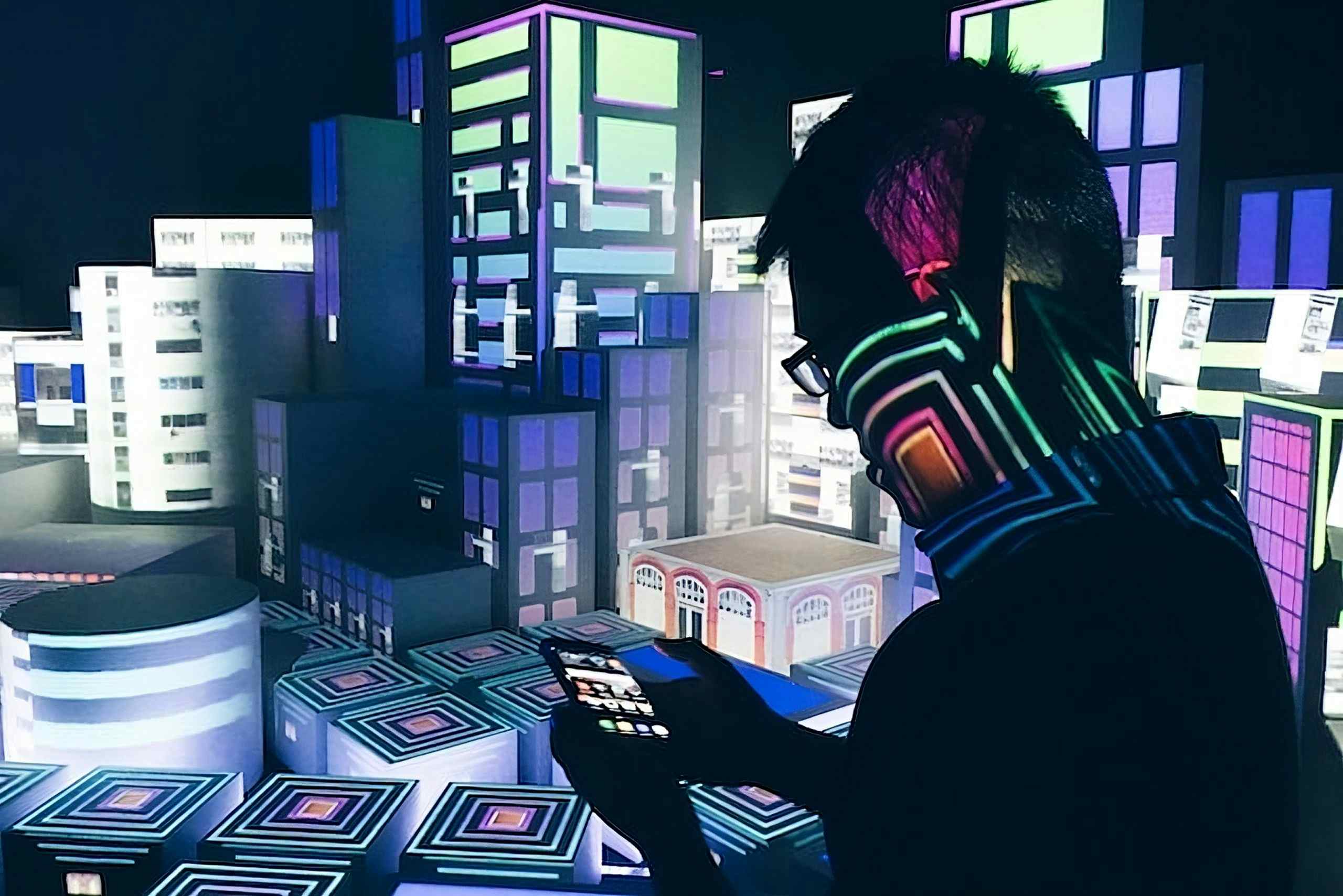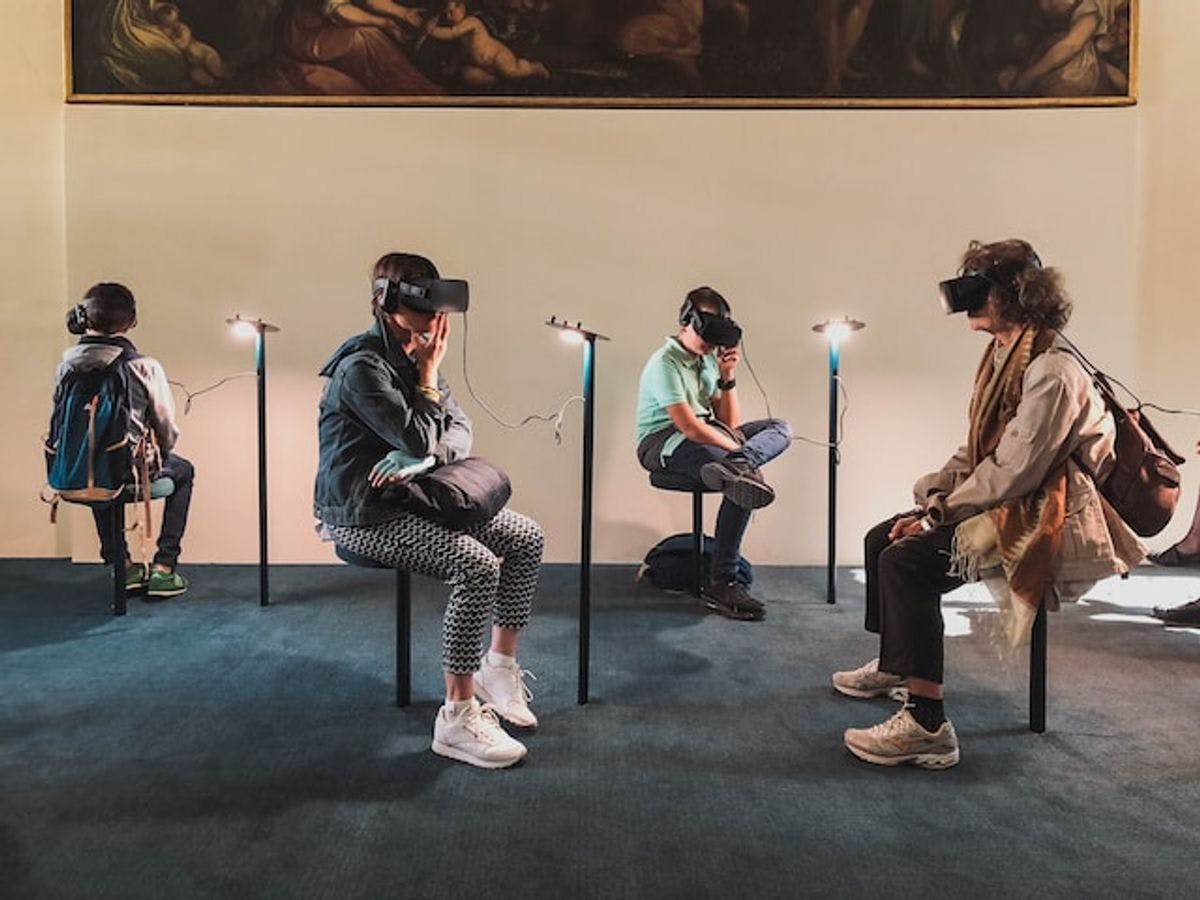
The ¨phygital¨ trend in Retail
In this dynamic context in which technology accompanies us from the moment we wake up until we go to sleep, where artificial intelligence is mainstream and competition is increasing, retail cannot and should not remain indifferent.
The phygital revolution emerges as a direct response to a world that is becoming increasingly interconnected and dynamic. In today's report we discuss the definition of phygital in retail, some examples of use and how to solve the challenges that may arise with its implementation.
What is phygital called in retail?
The phygital trend is not just a buzzword. It is a strategic response to the evolving behaviors and expectations of retail consumers. A call to create a personalized customer journey, but a truly personalized one.
In retail specifically, it means that the best of the physical experience is combined with the most powerful digital tools to deliver a seamless and unprecedented shopping process.
You've probably already had such an experience or are about to: want to see what a piece of furniture would look like in your home without having bought it? No problem. Want to try on clothes without waiting in line at the fitting rooms? Without a doubt. The phygital revolution is here to stay and blur the boundaries between real-world and online shopping.

Guided by technology
Crossing the threshold into the phygital world requires more than just adopting new technologies. It's about understanding customers' needs and preferences and offering them a seamless, personalized shopping experience that satisfies them wherever they are. In this revolution, technology is leading the way.
Augmented reality (AR) and virtual reality (VR) are some of the tools that are blazing this trail and, for example, allowing retailers to create high-end, immersive customer experiences. However, it's worth clarifying that offering a phygital experience is not just about selling your products to avatars in the metaverse, although that's all well and good too.
Phygital experiences in the real world:
- Kiosks, perhaps the best known example thanks to their versatility. They allow us to perform common tasks in a fast and agile way using state-of-the-art technology. The physical environments where these kiosks are found can range from airports or train stations, to restaurants, to pharmacies. It is unusual that we have not used one, although we are so accustomed to them that we probably haven't noticed. Or have you ever gone to McDonalds and bought your combo without contacting a sales agent?
- Disney, for example, has for years been increasing itsBig Data ↗ exponentially thanks to the multiplicity of functions of its magic bands, bracelets that visitors use to pay for their purchases, enter attractions, unlock their hotel room door and synchronize information with the mobile app. Today, this technology is becoming more and more prevalent and we are already seeing it on smaller playing fields such as local village festivals.
- Moving forward, the real attraction of phygital experiences seems to be anticipating our needs and wants, even before we know what they are. Just as some streaming content platforms do with their advanced recommendation models. Likewise, voice commands will become increasingly relevant in stores, with devices like Alexa syncing with more and more apps and functionality.

Phygital or not phygital?
While refusing to embrace this trend means the loss of significant retail opportunities, the road to phygital transformation is not without its challenges. Some of the most common pain points or concerns are often related to:
- Privacy of customer data
- The cost of technology implementation
- Cohesion of contents ↗
- Not giving up the authenticity and convenience of a physical store
A long-term strategy
Businesses that embrace this trend should make it part of their long-term plan. Why? Phygital experiences are not just a one-off action, but part of a continuous process of transformation and adaptation. Who knows what advances may be made in the future. Technological evolution does not stop and is going faster and faster. That is why it is essential to have a partner that helps you to innovate periodically.
At Ladorian we are continuously improving and enhancing our solutions; we stay at the forefront of what buyers are looking for and make the most of all the opportunities provided by new technologies. Do you want to be ready to take part in the phygital revolution? Ask our sales consultants for a no-obligation consultation.




